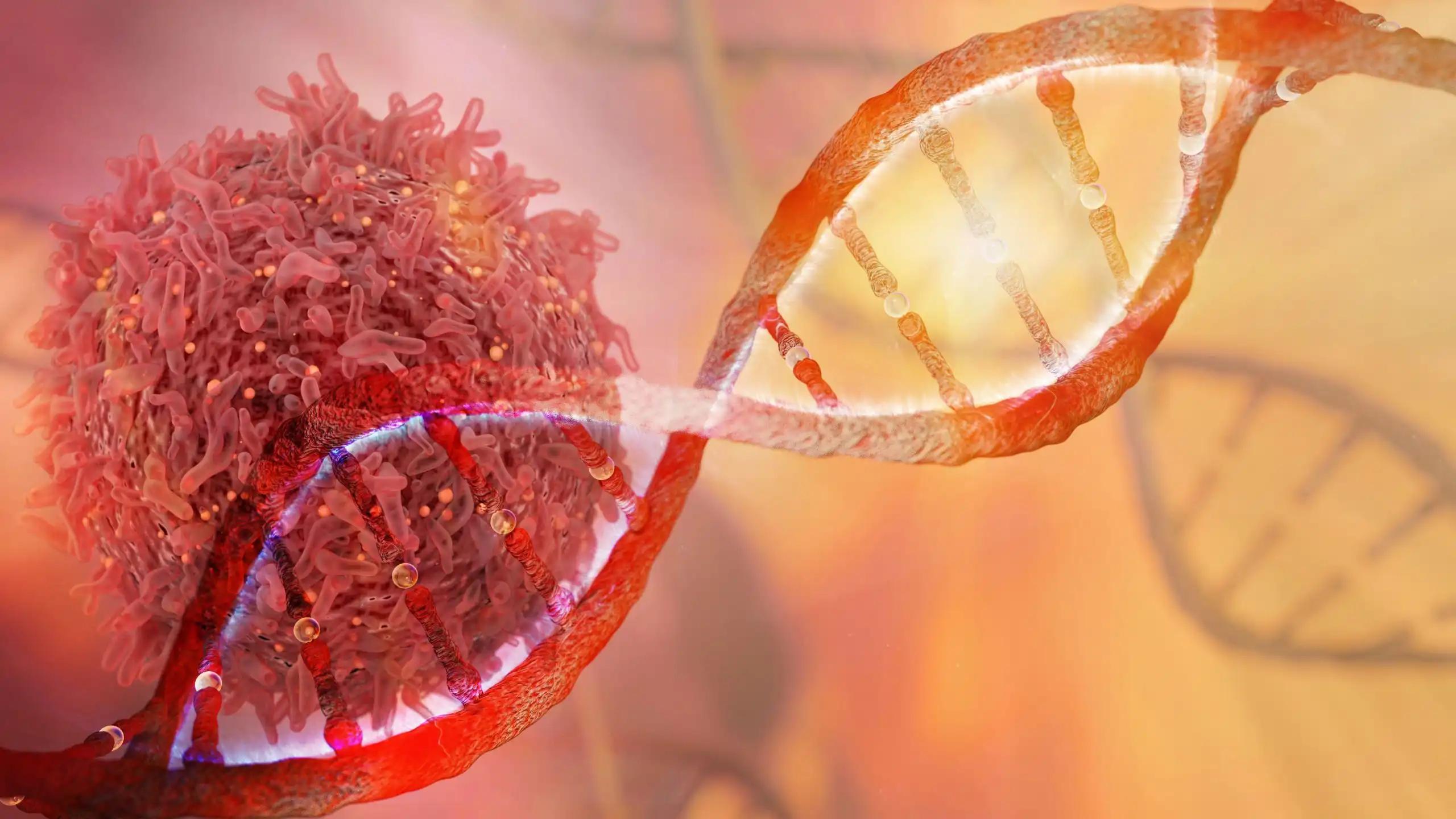KEY TAKEAWAYS
- The GALLIUM phase III trial (ClinicalTrials.gov NCT01332968), aimed to assess the incidence, risk factors, and histological transformation (HT) outcomes in advanced-stage FL patients undergoing R- or G-chemotherapy.
- A total of 315 of the 1,202 patients who were included had progressive illnesses, and 40 of 46 individuals (14.6%) who received a biopsy at the time of the initial progression had HT confirmed by the biopsy
- The study concluded that HT is a low-frequency event associated with poor survival outcomes in advanced-stage FL patients undergoing R- or G-chemotherapy.
Despite advancements in treatment, advanced-stage follicular lymphoma (FL) remains incurable. However, introducing anti-CD20 antibodies, such as rituximab (R) and obinutuzumab (G), has improved survival rates. Unfortunately, FL may undergo histological transformation (HT) into a more aggressive form of the disease, and a reliable method for predicting HT risk has not yet been established. The phase III GALLIUM study evaluated the incidence of HT, risk factors, and outcomes in patients with previously untreated, advanced-stage FL (ClinicalTrials.gov NCT01332968) who received R- or G-chemotherapy. Repeat tumor biopsies were taken at various points during disease development or relapse to measure HT rates.
Of the 1,202 patients enrolled in the GALLIUM study, 315 (26.2%) experienced progressive disease. Among those, 46 (14.6%) had a biopsy conducted at first progression, with 40 of them confirmed as histological transformation (HT). Male sex (subdistribution hazard ratio [sHR], 2.21; 95% confidence interval [CI], 1.16-4.20), elevated baseline serum lactate dehydrogenase (sHR, 3.97; 95% CI, 2.03-7.76), and elevated baseline serum β2-microglobulin (sHR, 1.96; 95% CI, 1.02-3.79) were identified as significant risk factors for HT. Compared to patients with recurrent FL, patients with HT at the time of the initial progression had a lower post-progression survival rate (2-year rate: 55.9% vs. 83.1%). Relapse with HT occurred earlier than FL relapse (median time from randomization: 0.8 vs. 2.3 years). The GALLIUM study showed that HT was a low-frequency event associated with poor survival outcomes. The study identified significant risk factors for HT, including male sex and elevated baseline levels of serum LDH and B2M. However, further research is needed to develop validated prognostic indices to assess HT risk and guide treatment decisions better.
Source: https://pubmed.ncbi.nlm.nih.gov/36379880/
Clinical Trial: https://clinicaltrials.gov/ct2/show/NCT01332968
Casulo C, Herold M, Hiddemann W, Iyengar S, Marcus RE, Seymour JF, Launonen A, Knapp A, Nielsen TG, Mir F. Risk Factors for and Outcomes of Follicular Lymphoma Histological Transformation at First Progression in the GALLIUM Study. Clin Lymphoma Myeloma Leuk. 2023 Jan;23(1):40-48. Doi: 10.1016/j.clml.2022.09.003. Epub 2022 Oct 4. PMID: 36379880.



